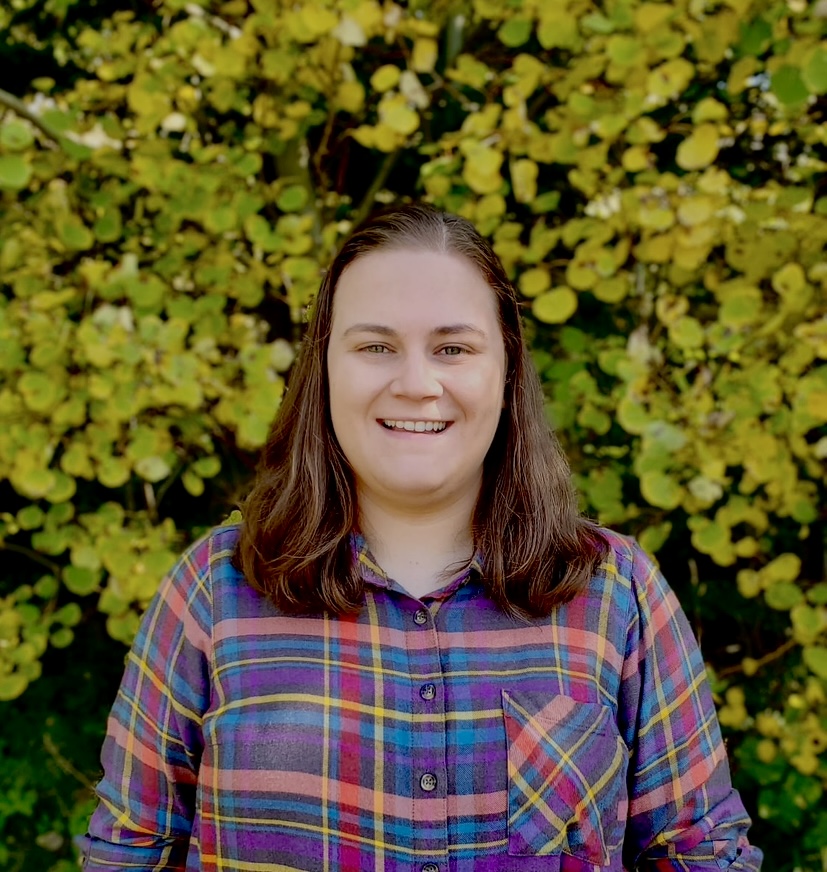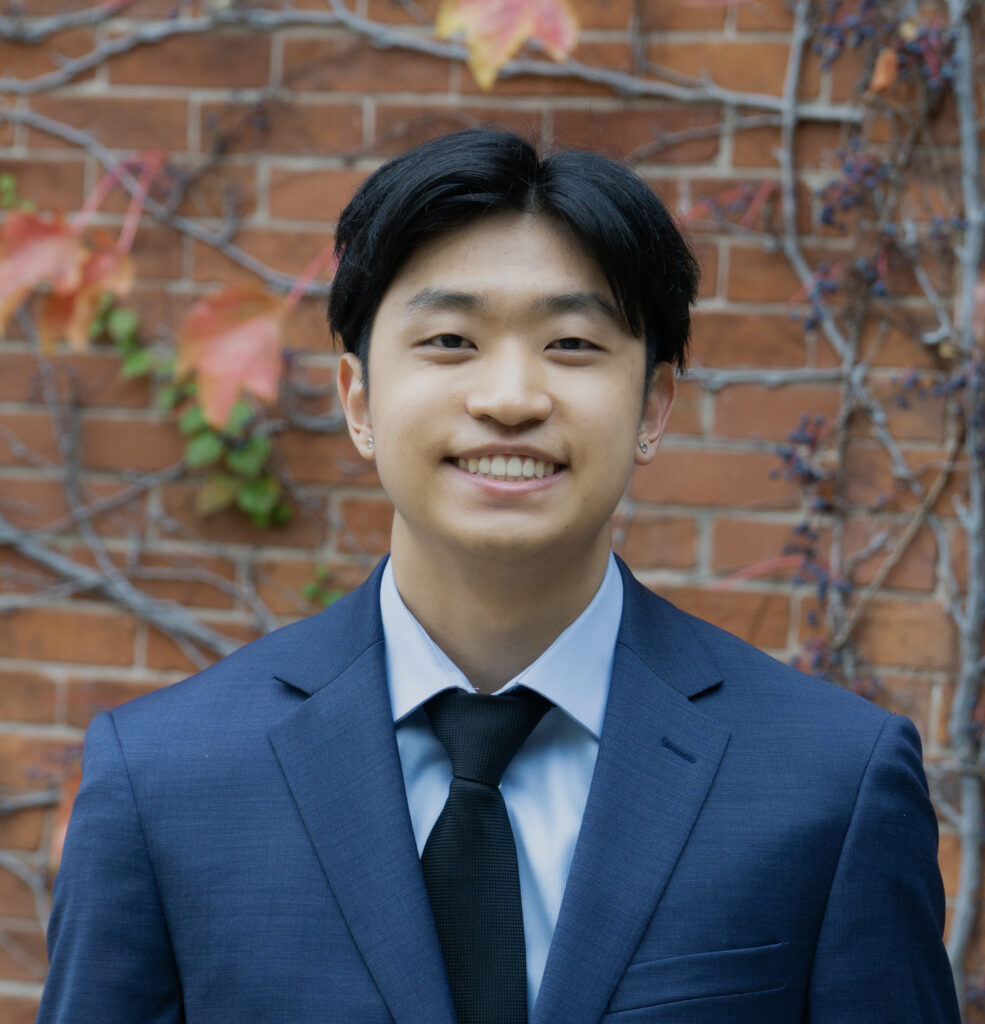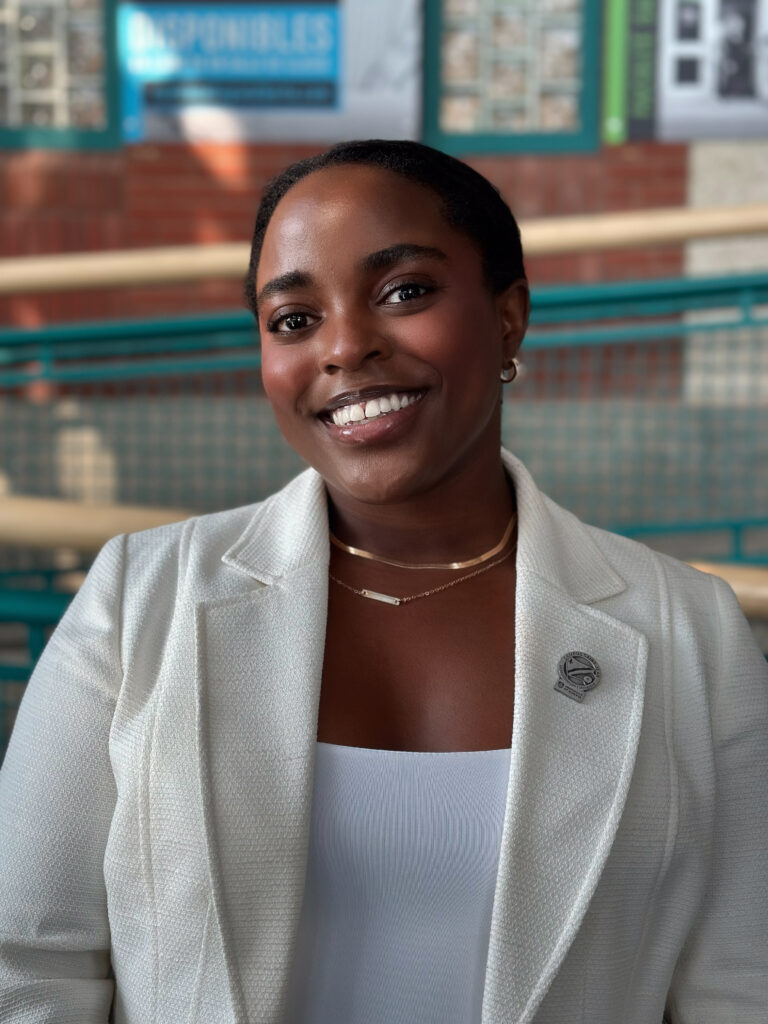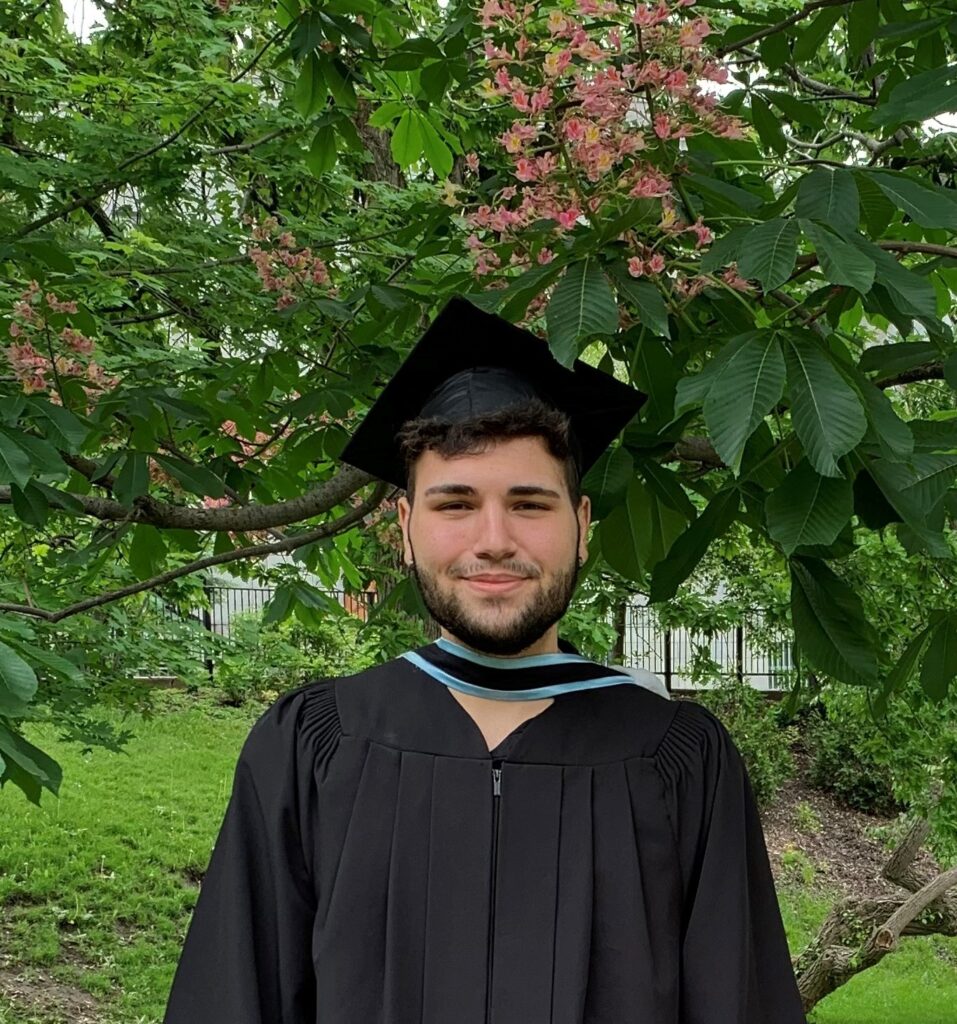Home › MHCC Networks › MHCC Youth Council
MHCC Youth Council
The MHCC created the Youth Council in 2008 as a way to listen to young people (age 18 to 30) who have lived experience with mental health problems or illnesses, either personally or through a family member or friend.
With more than two-thirds of the adults who live with a mental health problem or illness reporting that their symptoms began when they were young, it’s essential to understand their needs and experiences to improve our mental health system.
In addition, while about 1.2 million children and youth in Canada are affected by mental illness, less than 20 per cent will receive appropriate treatment. By age 25, one in five Canadians will have developed a mental illness.
Youth Council members seek to:
- Advocate on behalf of young people with mental health problems or illnesses
- Engage with youth mental health networks
- Participate in MHCC projects
- Represent the voice of young people at MHCC and public events
- Promote recovery and inspire others.
CURRENT MEMBERS

Em Alexander
Em Alexander
- Co-Chair
Em (they/them) is a queer mother and First Nations person with European ancestry from the west coast of Newfoundland and Labrador. As a mental health advocate and consultant, they focus on supporting equity-seeking groups, people who have experienced trauma, and those facing systemic barriers to accessing quality care.
Currently, Em is a Community Health Coordinator with the Canadian Red Cross and a member of the Patient Voice advisory group with the Canadian Medical Association. They previously coordinated Planned Parenthood NL’s 2SLGBTQIA+ Warm Line and worked to provide front-line food security with Food First NL. Em works through a recovery-oriented and trauma-informed lens while respecting the unique challenges faced by those who hold intersectional identities.
They have served on several Mental Health Commission of Canada advisory groups and panels, including the National Standard for Mental Health and Well-Being for Post-Secondary Students and the Psychotherapy Policy Implementation Network. As a content expert on youth mental health, Em co-chaired the oversight committee for Improving Integrated Care for Youth Initiative with the Health Standards Organization and is an Advisor with the Bell Let’s Talk Diversity Fund. They hold a B.Sc. (Hons) in psychology from Memorial University and an MA in psychology from the University of Toronto.

Shada Aborawi
Shada Aborawi
- Co-Chair
Shada is an Alberta student advocate who is pursuing a bachelor of arts in political science and a bachelor of education in social studies education.
Her interest in mental health began while attending the 2019 Immigrant Youth Wellness Summit in Calgary. After gaining a deeper understanding of some of the gaps in mental health services, Shada’s journey into self-advocacy began. It eventually led to her appointment on the youth advisory committee at Kickstand, an organization whose work draws on the integrated youth services model. Since joining Kickstand, Shada has had the opportunity to speak at conferences and events, collaborate with other young people on a mental health podcast, participate in discussion panels and workshops on mental health services, and provide input into mental health resources administration.
Shada currently works as the outreach and advocacy coordinator at the University of Lethbridge Campus Collective Centre, a student-run resource hub where she hopes to continue and expand her advocacy work.

Colbi Mike
Colbi Mike
Colbi is a mother, partner, and law student from the Treaty 6 Territory in central Saskatchewan.
In joining the Youth Council, she hopes to share her lived and living experience as an Indigenous young mother, with a focus on ensuring that barriers are addressed when it comes to maternal mental health and the effects of oppression on Indigenous peoples.
Colbi is also passionate about communicating the importance of understanding our human rights, educating others on the impact of Indian residential schools, and improving access to mental health and addiction services for all.

Alisha Haseeb
Alisha Haseeb
Alisha is currently in the bachelor of health sciences program at McMaster University. After graduating, she wishes to pursue a career in health care with an understanding of the Canadian mental health landscape for youth — particularly, members of the BIPOC, immigrant, and Muslim communities she identifies with. Through this career path, she hopes to make medicine more inclusive and accessible, and address systemic barriers to seeking help.
Through her experience of immigrating from Pakistan, Alisha has had first-hand experience with the impact of cultural attitudes on the well-being of minority communities. As the founder of her high school Jack.org chapter, she created a safe space for exploration and education on this issue, which marked the beginning of her mental health advocacy. Since then, Alisha has served as a national projects assistant intern with the Mood Disorders Society of Canada, liaised with its National Youth Advisory Council to increase funds for mental health services, planned the first Youth Summit for Mental Health in her hometown of Belleville, Ontario, and volunteered as a Jack Talks speaker.

Cassandra Bradbury
Cassandra Bradbury
Cassandra Bradbury (née Kekich) is a passionate researcher and mental health advocate who is a member of the Canadian Sociological Association and Community-Based Research Canada. She holds a Master of Arts in Sociology (specializing in Social Psychology) and a Bachelor of Social Science (Hons) in Criminal Justice and hopes to pursue PhD studies in the near future. She is a recipient of the Governor General’s Academic Medal.
Cassandra has a diverse working background in numerous research roles, mental health consulting, law enforcement, and suicide crisis intervention. She is particularly passionate about research and knowledge formation. As a research specialist, Cassandra’s interests lie within the intersection of psychology and sociology where she explores numerous topics in young adult socioemotional health including but not limited to intimacy, sexual ethics, dating violence, perceptions of the influences of pornography, young adult deviance, and young adult self-perception. She is devoted to researching, advocating for, and promoting the flourishing of young adult interpersonal relationships through healthy habits, education, and mental and relational well-being.

Isaiah Neil
Isaiah Neil
Isaiah Neil is a Canadian keynote speaker and founder of Blue Shoes, a platform dedicated to inspiring, motivating, and educating others on mental health and resilience. He empowers youth and organizations across Canada through keynote experiences and workshops that provide practical, real-world tools for emotional agility and personal growth.
As a Jack Talk Speaker and Youth Ambassador for Jack.org, Isaiah has collaborated with national mental health initiatives such as Bell Let’s Talk, and his advocacy work has been featured on CBC and CTV News. Now he is also a member of the National Youth Council with the Mental Health Commission of Canada, where he contributes his expertise and lived experience to transform mental health for all Canadians.
A proud University of Alberta and Golden Bears Athletics alumnus from Edmonton, Alberta, Isaiah draws on his experiences as a former student-athlete to lead with authenticity, strength, and empathy. His goal is to become one of Canada’s top keynote speakers and leaders in mental health—supporting organizations that serve youth and families across the country.

James Sunwoo
James Sunwoo
James (he/him) is currently in his final year of his bachelor’s degree in Life Sciences at Queen’s University and hopes to pursue a career at the intersection of mental health research, clinical care, and policy.
With a deep passion for driving innovation in mental health care through impactful research and collaboration, James works to bridge lived experience with evidence-based solutions.
He is a Research Trainee at the Digital Mental Health Lab at the Centre for Addiction and Mental Health (CAMH), where he supports projects that engage patients and other knowledge users in digital mental health innovation through service design and design thinking approaches.
Beyond research, James contributes to various national mental health initiatives as a Youth Advisor, including CAMH’s Toronto Adolescent & Youth (TAY) Cohort Study, the ThrivingMinds PEABody (a collaboration between SickKids, CAMH, and the Garry Hurvitz Centre for Community Mental Health), and the Pharmacogenetic-Guided Antidepressant Prescribing (PGx-GAP) project led by the University of Calgary. Across these roles, he helps ensure programs and research initiatives meaningfully integrate youth perspectives and reflect the lived realities of those they aim to help.
He is also actively involved in leadership and mental health advocacy at Queen’s University. Through several student-run health and research organizations, he has worked to foster collaboration, mentorship, and open dialogue around mental well-being and accessibility in science. Beyond campus, he volunteers at Providence Care Hospital’s Seniors Mental Health unit, where he played a key role in developing and implementing a creative therapy program for older adults living with psychiatric and cognitive conditions.
These experiences have shown him that lasting change begins when those most affected are empowered to shape the systems that impact them. Grounded in equity and lived experience, James strives to build a world where every person feels supported, and no one has to navigate their mental health journey alone.

Jeanna Pillainayagam
Jeanna Pillainayagam
Jeanna (she/her) is a mental health advocate and researcher from Vancouver with close to a decade of experience. She is passionate about promoting mental health education, destigmatizing mental illness, and advocating for the creation of accessible, adequate, and appropriate mental health services for youth from diverse backgrounds. Jeanna also deeply cares about promoting genuine and ethical youth engagement when designing and evaluating mental health programs and services.
Jeanna has previously worked on mental health projects with groups such as Anxiety Canada and the University of Northern British Columbia as a speaker, writer, and facilitator. She is currently a member of the University of British Columbia’s (UBC) Research for Mental Health Equity in the Asia-Pacific – Digital (REMAP-D) cluster’s International Lived Experience Advisory Panel (I-LEAP). She also sits on Foundry’s Provincial Youth Advisory Committee and Youth and Family Research Steering Committee. In addition, Jeanna is currently the only youth on the Canadian Institutes of Health Research’s Advisory Committee on Ethics, where she brings her perspectives and experiences from engaging in youth health research and policy-making contexts to provide advice on health research ethics priorities. She holds a BSc from UBC and an MPH from McMaster University.

Jeanne Joannie Fogue Mgamgne
Jeanne Joannie Fogue Mgamgne
Joannie (elle, she/her) is a dedicated advocate for women and youth who channels her efforts into promoting anti-violence, gender equality, sexual education, and mental health through policy work, advocacy, and community building.
Currently in her final year of a bachelor’s degree in political science and French literature at the University of Alberta, she will soon embark on a placement doing research and awareness with the Zebra Child and Youth Advocacy Centre.
Joannie previously served as the vice-president of student life at the U of A Students’ Union, where she led non-academic advocacy efforts while representing the concerns of over 32,000 students. In 2022, she co-chaired the U of A’s World Social Justice Day working group and organized the Living Library event, emphasizing the convergence of mental health and social justice in a bilingual setting. Joannie has also played a pivotal role in aligning initiatives with federal government priorities and made significant contributions to the University of Alberta National Standard as a member of the mental health advisory committee.
Her commitment to combating sexualized and gender-based violence on university campuses persists in her current role as the advocacy lead for Students for Consent Culture Canada. Joannie’s expertise earned her an invitation to serve as a panel expert for Courage to Act: Addressing and Preventing Gender-Based Violence at Post-Secondary Institutions in Canada, which became the cornerstone of a comprehensive white paper on strategies to address campus-based gender violence complaints.
Joannie has also secured funding for, and is actively engaged in, a project assistantship with RDÉE Canada while pursuing a diploma in social entrepreneurship with ÉEQ. These endeavours aim to create a platform for French-speaking youth of African descent, with a focus on research, advocacy, and leadership.

Nagi Abouzeid
Nagi Abouzeid
Nagi (he/him) holds a bachelor of arts at McGill University with a major in psychology and minors in behavioral science and in gender, sexuality, feminist, and social justice studies. He is currently completing a master of science in rehabilitation sciences at the University of Montreal, where his research aims to assess whether significant differences exist in the perceived acceptability of digital mental health services across different socio-demographic groups.
Nagi has also been working as a crisis intervention worker in his community for nearly two years. In this role, he has met with individuals going through various crises, including suicidality, self-harm, psychosis, eating disorders, depression, trauma, and anxiety. Some of his main tasks involve establishing intervention plans with clients, intervening through the crisis line, and helping clients achieve their personal and mental health goals. While doing so, he has completed a number of training sessions on the prevention and estimation of suicidality, intervening with individuals experiencing a psychotic disorder, and special mental health considerations when working with the immigrant population.
In addition, Nagi works as a part-time research assistant and clinical moderator for the Youth Mental Health and Technology (YMHTech) Lab. His main involvement is on its HoryzonsCa project, whose primary goal is determining the feasibility and acceptability of using a digital psychosocial intervention platform to support recovery and prevent relapses in patients with psychotic disorders.
He is also a fellow for DIVERT Mental Health, a national training program for mental health researchers and clinicians that seeks to foster greater inclusivity and accessibility within the Canadian mental health care system.
Nagi’s clinical work, research, and personal experiences have enabled him to perceive the mental health care system in diverse ways. As a result, he feels he is now ready to expand the scale of his advocacy for the well-being of youth with wide-ranging lived experience.

Victoria Gracie
Victoria Gracie
Victoria Gracie is a four-time TEDx speaker, body-image neuroscience researcher, fashion model, and graduate of the University of Toronto with an HBSc double specialist in Psychology and Exceptionality in Human Learning.
After writing for magazine publications on the importance of body image’s impact on mental health at the age of fourteen, Gracie sought to be a leading voice for those with body image disturbances. She brought this message to the beauty industry to reach more young women, including the Miss Canada stage where she placed in the top eight. Through her appearances on national television, podcasts, and her TVO documentary, her advocacy was shaped into scientific education on body image within the realm of neuroscience, psychology, and psychiatry. Her work led her to being named one of the Top 10 Young Women Making History by the CBC.
Gracie is also the Co-Chair of the Centre for Addiction and Mental Health’s Body Dysmorphic Disorder and Anorexia Nervosa Advisory Committee and a member of the International OCD Foundation’s Special Interest Group for Body Dysmorphic Disorder. Through working with clinicians, mental health professionals, and individuals with lived experience, she aims to bridge gaps in scientific dialogue and make mental health scientific education accessible to all.

Madina Sutton
Madina Sutton
Madina is a Registered Nurse in Vascular Surgery at the QE II Health Sciences Centre in Halifax, Nova Scotia. She has leveraged her ten years of lived experience with mental illness to become a strong advocate for mental health promotion, stigma reduction and suicide prevention. She has a special interest in LGBTQ+ youth and people with disabilities. For over six years, Madina has presented at local, national and international conferences on topics such as how to better engage young patients in their care, how to reduce barriers to accessing care, and how to foster youth mental health. She is certified in Mental Health First Aid and Applied Suicide Intervention Skills (ASIST).
Madina represents the Youth Council on the Steering Committee for the MHCC Guidelines for Recovery-Oriented Practice and she promotes the implementation of the MHCC’s Post-Secondary Mental Health and Psychological Safety Standard by post-secondary institutions in the Maritime Provinces.
She volunteers for the Mental Health Foundation of Nova Scotia, the Canadian Postsecondary Partnership to Reduce Alcohol Harms, Dalhousie University Student Health Promotion, and Stay Connected, which is an innovative program that facilitates the transition of adolescent mental health patients into the adult mental healthcare system. She also volunteers on the IWK Health Centre Family Leadership Council, the Medical Services Quality and Patient Safety Committee, the Health Centre Hand Hygiene Champions, and the Climate Driven Infectious Diseases Advisory Committee of the Canadian Association of Schools of Nursing.

Manish Toofany
Manish Toofany
At a young age, Manish immagrated to Canada from Mauritius with his family. Now, hailing from Surrey, British Columbia, Manish is an active member of numerous mental health programs, while pursuing his studies at the University of British Columbia. Drawing from his own lived experiences, Manish has become a staunch supporter of increasing the accessibility of mental health care, especially for individuals with marginalized identities. Some of his most meaningful experiences have come from working at a peer support center and crisis line in his community. Moreover, he has worked with refugee and immigrant support and re-settlement groups in Vancouver. Hearing countless stories similar to his own has motivated Manish to advocate on behalf of communities he identifies with, namely LGBTQ2S+ individuals, people of colour, and newcomers to Canada.